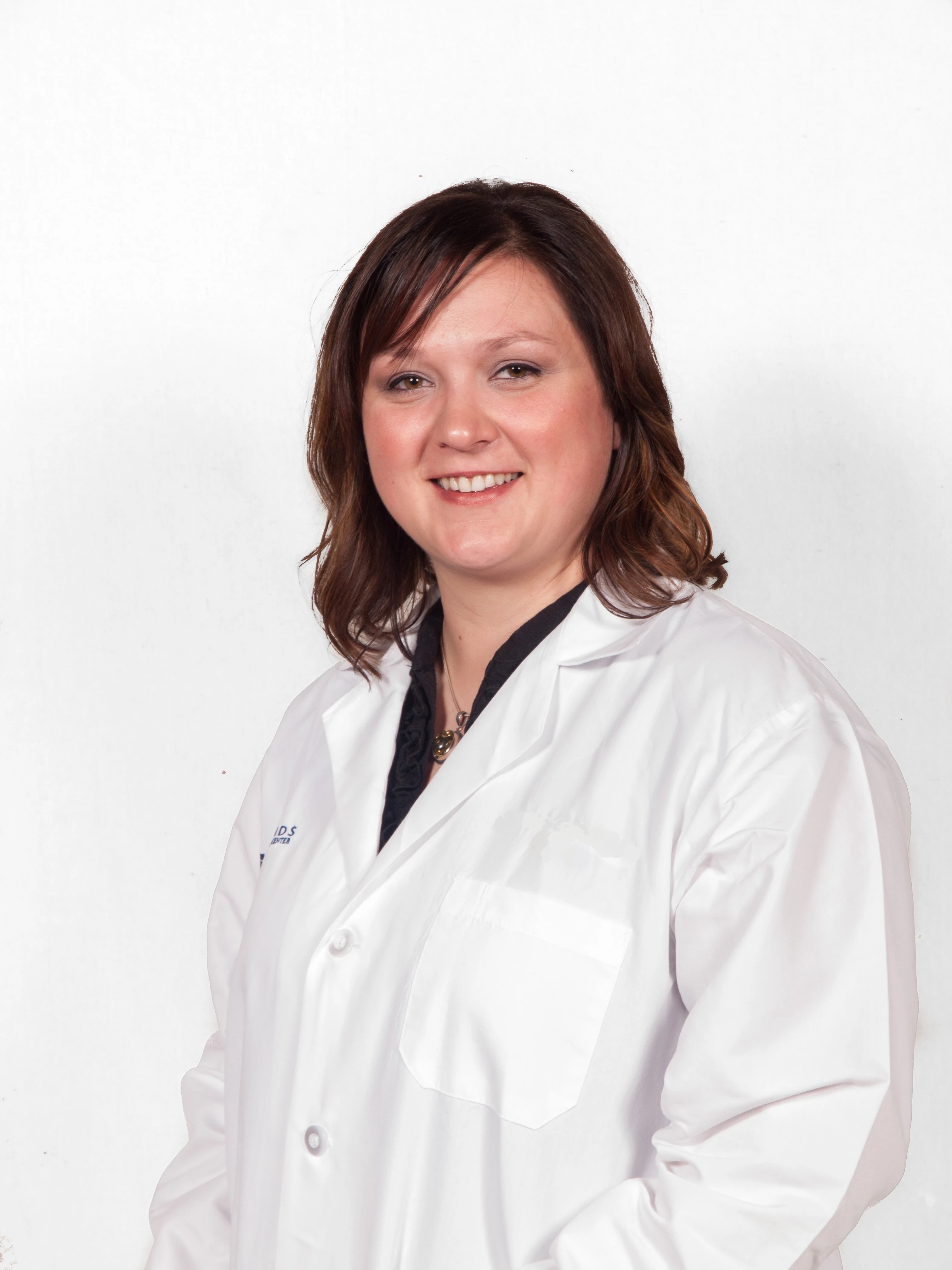Dr. Roxanne Rogers answers your questions about the flu

 Now that fall is upon us, the cold weather and ending of Daylight Savings time aren’t the only things that are looming ahead of us – so is flu season. Therefore, there is no time like the present to get yourself, and your family, protected.
Now that fall is upon us, the cold weather and ending of Daylight Savings time aren’t the only things that are looming ahead of us – so is flu season. Therefore, there is no time like the present to get yourself, and your family, protected.
To help you prepare for flu season, Roxanne Rogers, DO, family medicine physician with Firelands Physician Group, answers your most frequently asked questions about the flu and how to prevent it.
What is the flu?
The flu, or influenza, is a viral infection that spreads easily from person to person and affects the nose, throat and lungs. Symptoms can be mild to severe and include fever, cough, sore throat, stuffy nose, body aches, headaches, chills and fatigue. Some people who get the flu will develop serious complications like pneumonia. This tends to occur more in individuals who have existing health issues, and/or compromised immune systems.
When should I get the flu shot?
In accordance with Centers for Disease Control guidelines, I recommend that people get vaccinated against the flu prior to the beginning of flu season, which typically begins in October and reaches its peak in January or February. Keep in mind that it does take about two weeks after getting your flu shot for antibodies to develop in the body and provide protection against the flu.
How effective is the flu vaccine?
While there can be a number of factors that contribute to how effective the flu vaccine is for you, including your age and existing health issues, the flu vaccine is the best way to protect yourself against the flu. Unless you have a severe allergy to chicken eggs, a history of severe reactions to the flu vaccine, or are currently feeling ill with a fever, I always recommend that you get a flu shot. If you have any questions regarding your specific health issues, you should talk with your healthcare provider.
What should I do if I catch the flu?
If you do catch the flu, you can begin spreading the virus to others even before your own symptoms appear. To protect others, always cover your nose and mouth with a tissue as you sneeze or cough. Then throw the tissue in the trash and wash your hands. If you do not have a tissue handy, sneeze or cough against your upper arm or elbow to avoid spreading germs.
Many people with the flu can recover safely at home. However, seek medical care right away if you are at risk for flu-related complications or if you feel very ill. If taken within 48 hours of getting sick, antiviral medication can shorten your illness and prevent dangerous complications. These medications are available by prescription only. Your doctor will determine whether antiviral medication is a safe and effective option for you.
What's next?
From Dr. Rogers’ answers, you can see why it is so important for you, and your family, to receive your seasonal flu shot. It is also important to have a primary care doctor who is close by to help if you do get sick. Firelands Physician Group, established in 1989, offers primary care and specialty care in Lorain and Erie County and the surrounding communities. With over 100 years of combined experience, our physicians are on the medical staff of Firelands Regional Medical Center and are here to provide the care you need when and where you need it.
To get your flu shot, or to schedule your yearly wellness appointment with Dr. Rogers, please call 419-557-5591. Dr. Rogers’ office is located at 1605 Route 60, Vermilion, Ohio 44089.